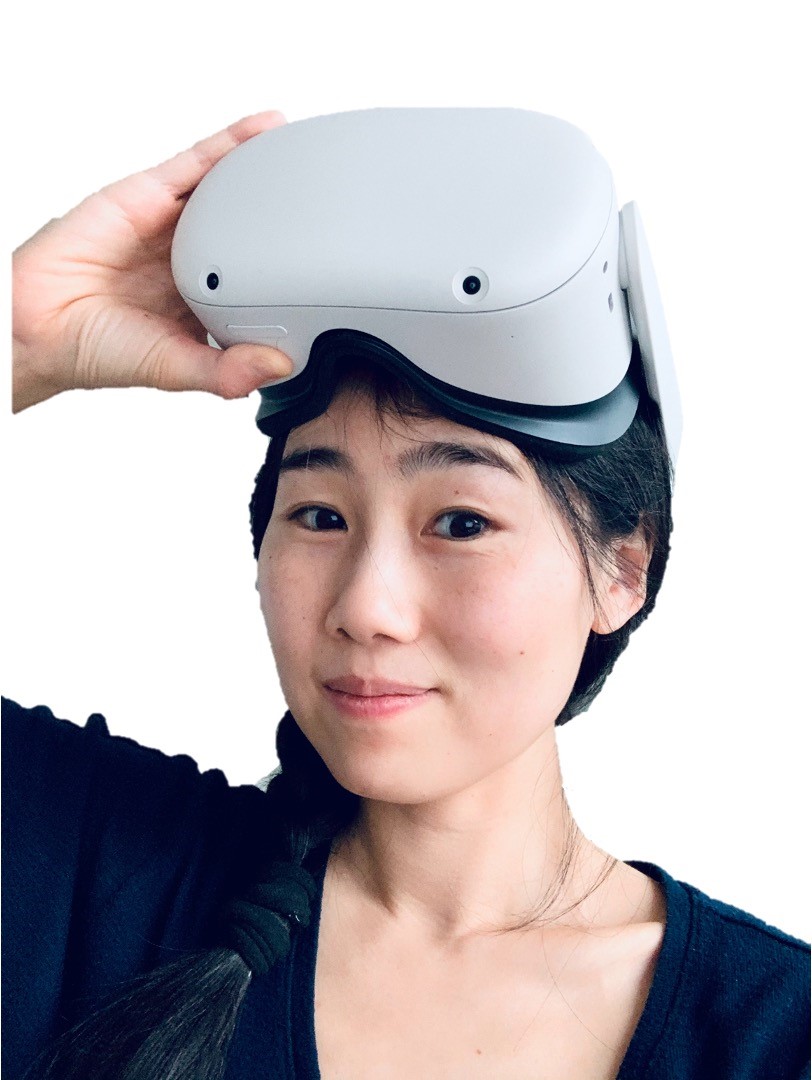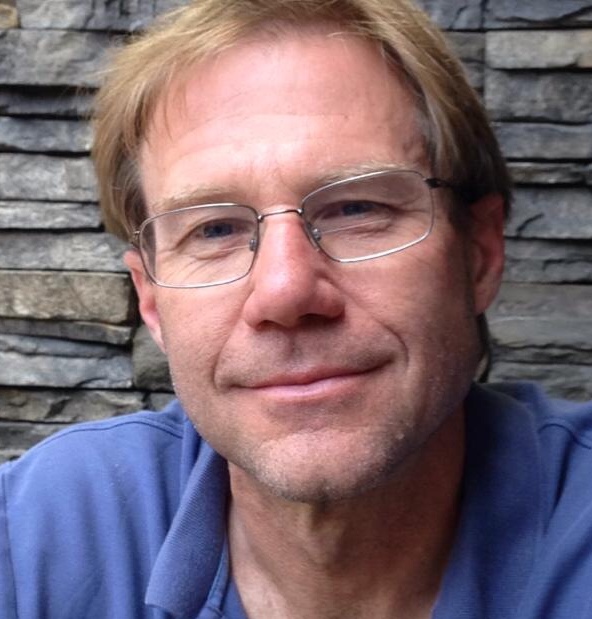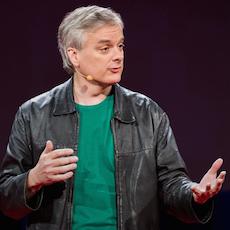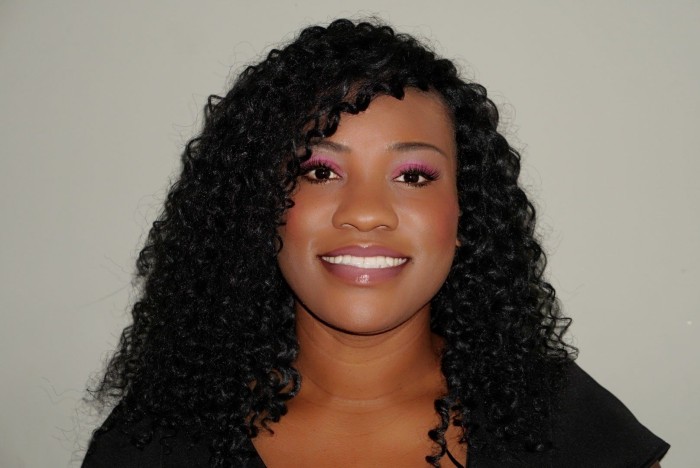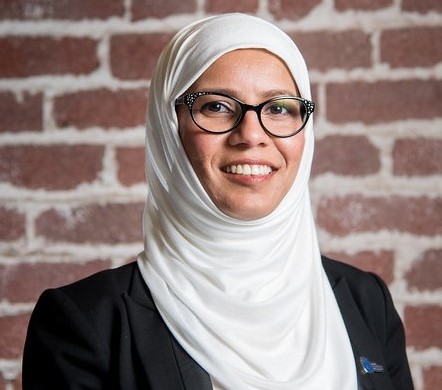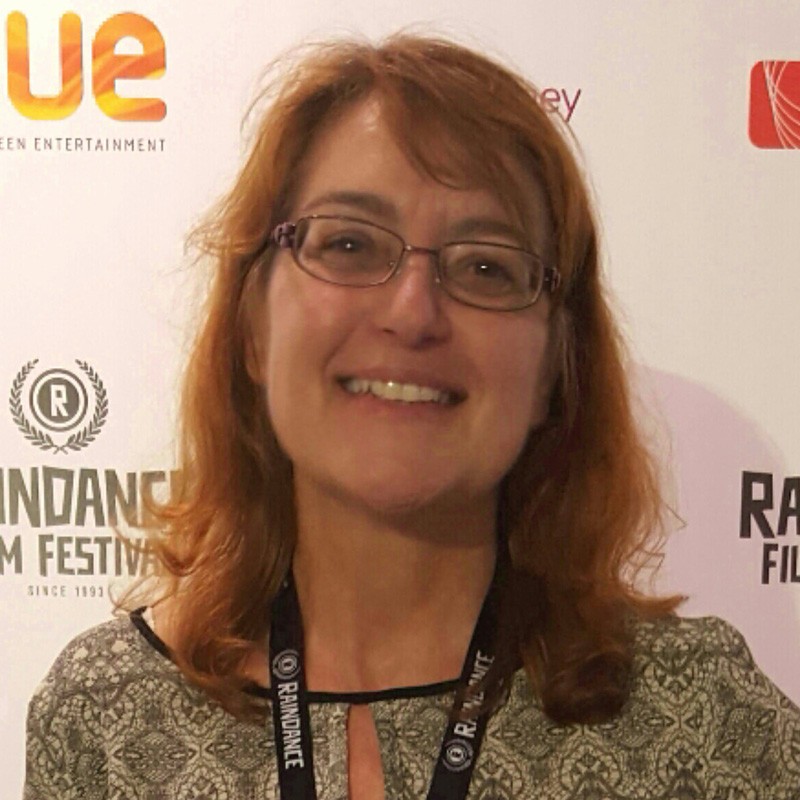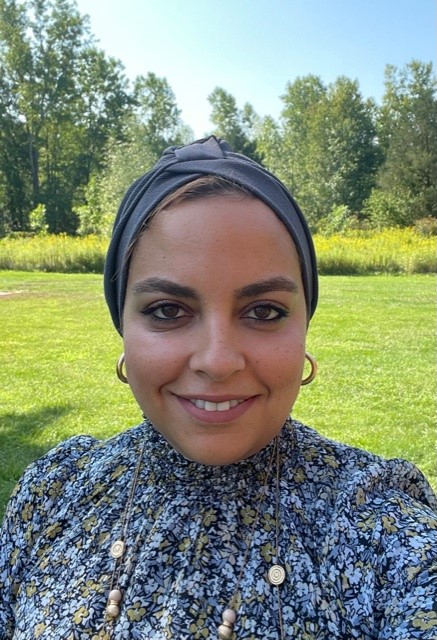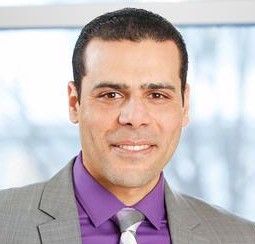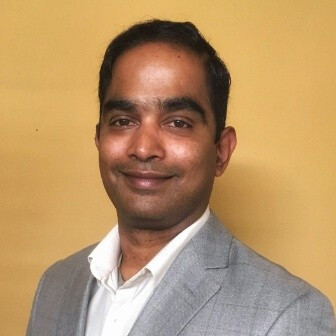Virtual Humans in VR
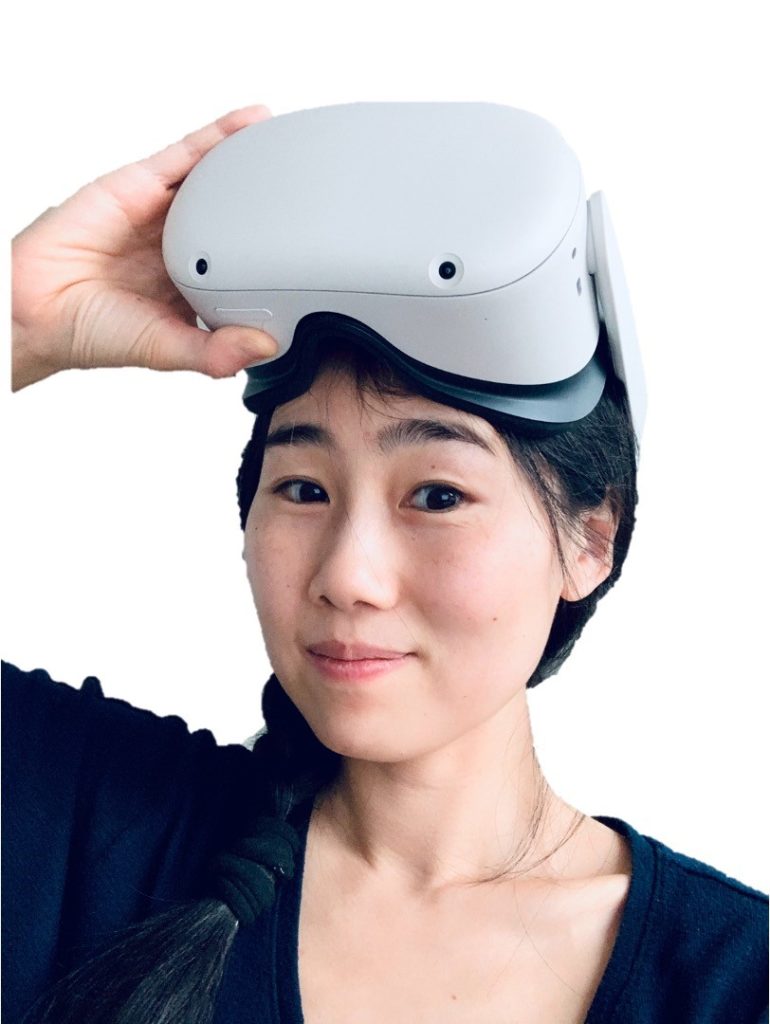
Dr. Sylvia Xueni Pan is a Senior Lecturer in VR at Goldsmiths, University of London. She has a BEng in Computer Science from Beihang University, an MSc in Graphics and PhD in Virtual Reality from UCL (funded by the EPSRC). Before coming to Goldsmiths, she worked as a research fellow in Computer Science at UCL and at the same University’s Institute of Cognitive Neuroscience (ICN). Her research interest is the use of virtual reality (VR) as a medium for real-time social interaction, in particular in the application areas of training and therapy. Dr Pan has developed a unique interdisciplinary research profile, with journal and conference publications on both VR technology and social neuroscience. Her work has been featured on the BBC, in New Scientist magazine and the Wall Street Journal. Her 2017 Coursera VR specialisation attracted over 100,000 registered learners globally. She co-leads the Goldsmiths Social, Empathic, and Embodied VR lab (SeeVR Lab) and the MA/MSc in Virtual and Augmented Reality programme at Goldsmiths Computing.
The Voices of XR speaker series is made possible by Kathy McMorran Murray and the National Science Foundation (NSF) Research Traineeship (NRT) program as part of the Interdisciplinary Graduate Training in the Science, Technology, and Applications of Augmented and Virtual Reality at the University of Rochester (#1922591).
Where: Studio X & Zoom
When: Friday, April 22nd from 1 to 2pm EST
Register: bit.ly/VoXRSylviaPan
Recording
Event recording available for UR faculty, students, and staff with NetID and password: bit.ly/XRSylviaPan
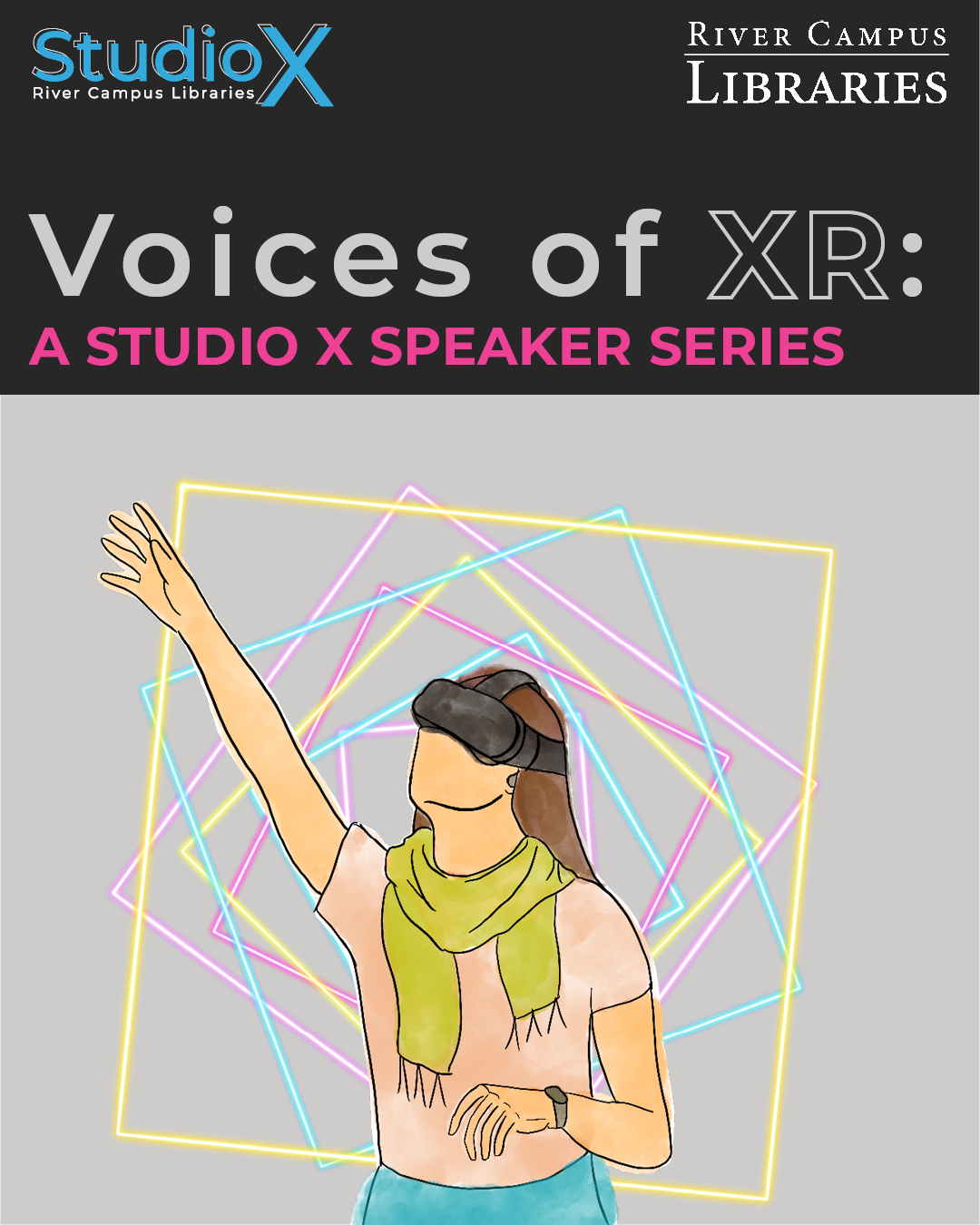
Voices of XR is a Studio X speaker series. Speakers are scholars, artists, and extended reality professionals who discuss their work with immersive technologies across disciplines and industries. All talks are free and open to the general public.

